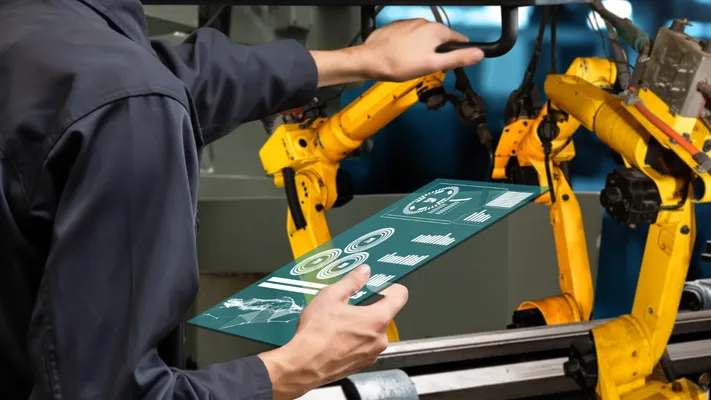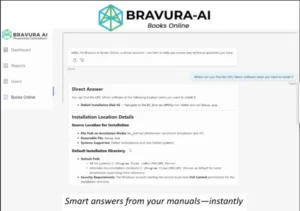The global process industry faces an estimated $4.4 billion in annual losses. These staggering figures stem from deeply entrenched issues: disaggregated, non-uniform, decontextualized, and siloed data locked behind cybersecurity walls. This fragmented data directly contributes to a lack of effective decision-support tools, making it difficult to pinpoint the root causes of quality and safety incidents. Furthermore, documentation and reporting requirements place a significant and costly burden on already stretched plant engineering teams.
Beyond the financial drain, the industry grapples with an aging workforce and a persistent skills shortage. As experienced talent retires, there’s a mounting risk and exposure, even as pressure to expand domestic manufacturing capacity grows. Traditional industries like process manufacturing have lagged behind sectors like defense, finance, and pharmaceuticals in multi-modal AI development.
The solution isn’t just about adopting new technology; it’s about addressing these fundamental data challenges to unlock unprecedented efficiency, safety, and innovation. Businesses can no longer afford to maintain the status quo. The integration of cutting-edge AI and data management solutions is crucial to transform these losses into gains and ensure a resilient, competitive future.




